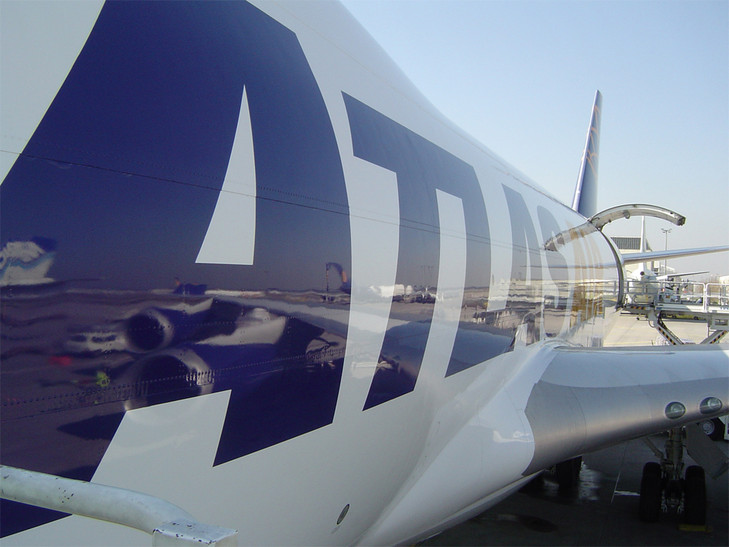Atlas Air: An e-commerce evolution
21 / 12 / 2016

Atlas Air Worldwide has been in the news quite a bit during 2016, specifically for its purchase of Southern Air and for its big commercial win with Amazon.
But what is really worth noting is that the aircraft lessor is leading a charge that will see the air cargo market focus increasingly on the fast-growing e-commerce and express market over the coming years.
Atlas Air Worldwide executive vice president and chief commercial officer Michael Steen tells Air Cargo News that the company has been focusing on the express and e-commerce markets for some time now, a move which has helped to diversify the business.
“If you look at Atlas in 2009, we had 27 aircraft and two aircraft types – the Boeing 747-400 and B747-200,” he says.
“Fast-forward to 2016 and we have 86 aircraft, five aircraft platforms, both passenger and cargo, and we’re addressing several different segments in the industry, so we have a very laser- like focus when it comes to our strategic position.”
He continues: “We have positioned ourselves to take advantage of the strong growth in e-commerce and express business.”
Steen says that e-commerce demand across the industry is growing by around 20% per year, while the express market is increasing at a rate of around 6%.
“Take DHL Express, when we started our collaboration with them back in 2008 we began with six aircraft, all B747-400s.
“Today we have 37 aircraft for DHL Express. That gives you an indication of our focus on express. It is an attractive area for us and it is also an area where our business model works very well.
“Going into the express business has been a very conscious decision that we’ve planned over several years. You can’t just turn on a dime with decisions like these. The business model has to evolve.”
While diversifying the company’s customer base is one reason for the focus on e-commerce, Steen adds that Atlas is also simply responding to supply chain requirements, with business to consumer transactions gaining more importance with its own customers.
In addition to its DHL business, the company works with other express providers. Earlier in 2016, Atlas Air signed a short-term ACMI deal with FedEx to provide it with five B747-400 aircraft during the peak season over the next five years.
Overall, Steen says Atlas has been enjoying a good end to the year.
“Now we are getting to the traditional peak season where we see a pick-up in demand,” he says.
“We can see that some of the stronger trade lanes are doing well; the transpacific is doing well, all the major consuming markets are gearing up now for peak season so I think that there is a solid demand.
“The e-tailing peak is also extremely sharp, but it is sharp around certain holidays, not only the Christmas peak.
“For instance, there is ‘Singles Day’ [taking place on November 11] in China on which consumers are allowed to use their credit cards to purchase foreign-produced goods. We have seen that this tends to increase online purchases, which in turn increases the need for express deliveries.”
Another change for Atlas over the last year or so has been the expansion of its fleet, primarily the result of its acquisition of Southern Air, which saw the lessor add five B777s and five B737s.
The company has also been busy purchasing B767 aircraft ready for conversion as part of the Amazon agreement. One of the aircraft was put into action in August. Atlas has secured 19 of the aircraft and all of the conversion slots. All the fleet will be fully up and running by the second half of 2018.
Steen won’t be drawn in on which aircraft Atlas plans to order next but says that the fleet is constantly under review to ensure it meets customer requirements.
He adds that late next year he thinks the Atlas group of companies’ fleet will surpass the 100 mark, up from the 86 currently in operation.














